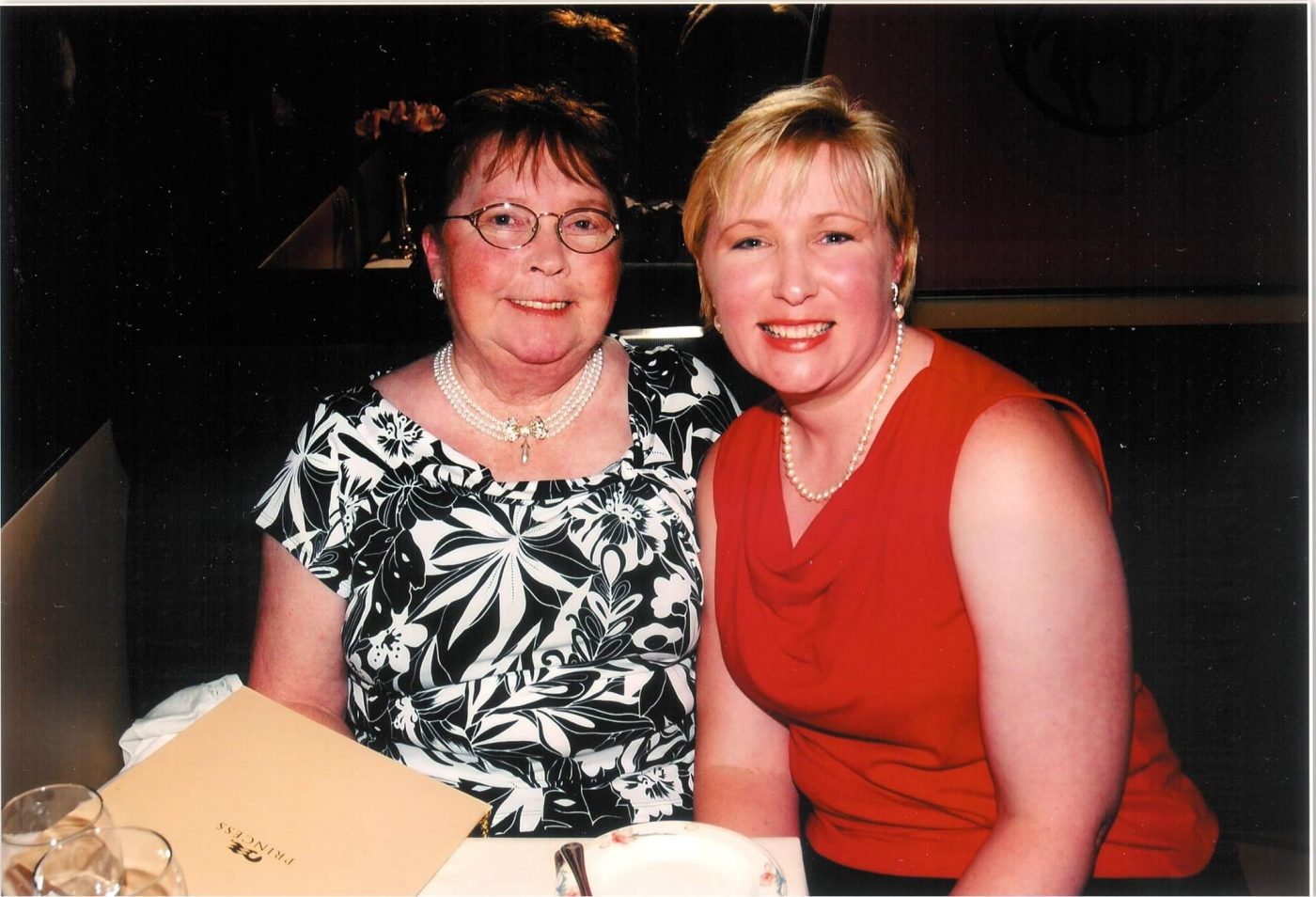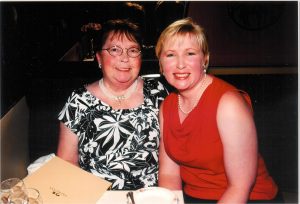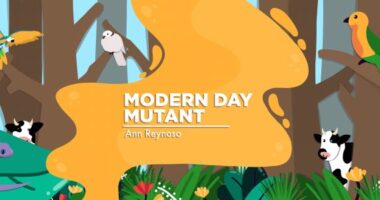Breathe Support Network Aims to Bridge PF ‘Information Gap,’ Increase Awareness

Taleena Koch and her mother, Beveryly Hart. (Photo courtesy of Taleena Koch)
During the course of her mother’s six-year battle with idiopathic pulmonary fibrosis (IPF), caregiver Taleena Koch felt alone.
Now Koch, 54, hopes to change that feeling for the thousands of people involved in her Breathe Support Network. Her nonprofit group offers an online discussion forum for those with IPF and the 200 other forms of interstitial lung diseases (ILDs) marked by inflammation and scarring, or fibrosis of the lungs.
Koch is trying to get visibility for pulmonary fibrosis (PF). She wants patients, caregivers, and families to have all the information they need to cope with the disease, which affects roughly 2-29 per 100,000 Americans.
“My goal with getting them into my support groups is to teach them to live with PF as long as possible, rather than just dying from it,” Koch told Pulmonary Fibrosis News.
Anti-fibrotic therapies, steroid treatments to suppress the immune response, antioxidants, and oxygen all improve the quality of life of ILD patients. However, no cure exists.
Breathe Support Network mainly functions through Facebook, where Koch manages seven groups for patients, caregivers, and those with the disease who were diagnosed before age 40. Other groups in the network focus on lung transplant and hospice and palliative care, as well as managing grief. Adding in Koch’s Twitter presence, Breathe Support Network reaches about 16,000 people in 99 countries.
From diagnosis to support group
Koch became part of the PF community 17 years ago. She had been caring long-distance for her mother, Beverly Hart, who at that point had ongoing pneumonia, as well as chronic obstructive pulmonary disease (COPD) and emphysema.
While Koch was raising two boys and managing a direct sales business, she found time to fly between her home in Seattle and Hart’s home in Montana. Finally, Koch convinced her mother to move in with her.
In November 2003, doctors at the University of Washington Medical Center told Hart, 64, that she had IPF. Koch had never heard of the disease, and had no idea where to begin.
A self-described information junkie, Koch learned as much as she could from her mother’s doctor, PF expert Ganesh Raghu, MD, as well as from online research. Physicians estimated that Hart had two years to live because of her advanced state, but she survived another six years, until the age of 70.
Shortly before her mother’s death in 2009, Koch found an online group called Breathe Support Caregivers and joined.
“After mom passed away, I stayed in the group because, one, they were helping me through my grief, and also I found it very healing to be able to help other caregivers,” Koch said.
Two years after her mother’s death, Koch took over Breathe Support Caregivers and turned it into a network. In 2013, she transitioned from an email-based platform to Facebook groups.
A labor of love
According to Koch, information about PF is lacking because it’s not well-known within the medical community. Whenever Koch took her mother into the emergency room, doctors referred to her disorder as COPD, an obstructive lung disease, rather than as PF, a restrictive lung disease.
One main goal of the Breathe Support Network, said Koch, is to fill in that knowledge gap. The network’s community steps in when new patients or caregivers don’t understand medical terminology, need a second opinion on the use of oxygen, are unsure of what specialist to see, or don’t know if their symptoms warrant an emergency room visit.
“Mom and I did this alone for most of her six years after her diagnosis, and I vowed that I would help as many people as I could,” Koch said. “Even being able to help one person makes it all worth it.”
Koch also wants to raise awareness about PF among healthcare professionals, and make it a household term worldwide, the same way cancer is.
Managing the Breathe Support Network and helping as many people as possible through their diagnosis and treatment is a “labor of love” for Koch that takes up almost all of her time, she said. She now relies on moderators, admins, and regular users to pick up the slack.
Yet even with everything on her plate, Koch always keeps her Facebook Messenger app open to answer anyone with a question, concern, or comment. Helping others is a trait she learned from her mother, she said.
“She believed that helping make someone else’s life better was what we were here to do,” Koch said.








